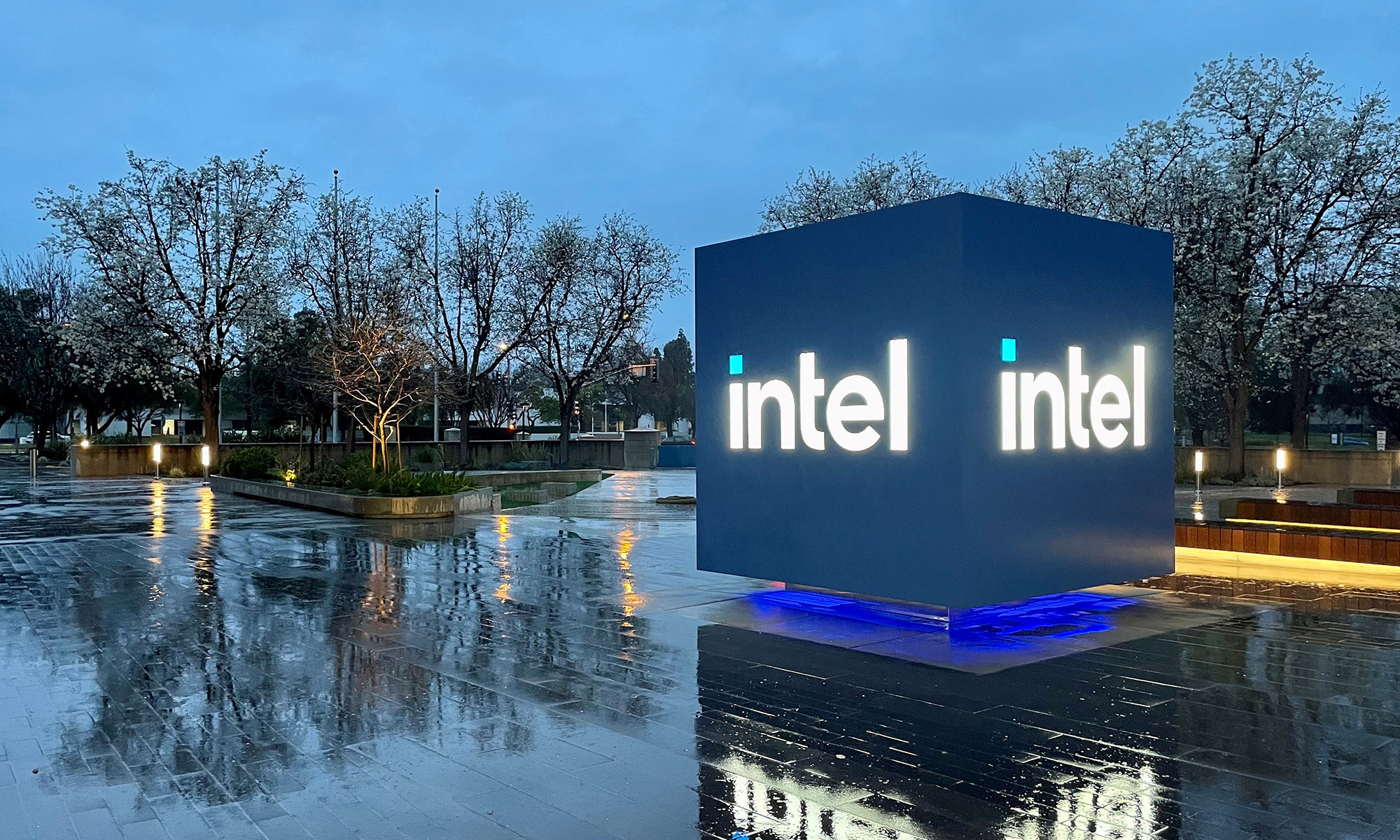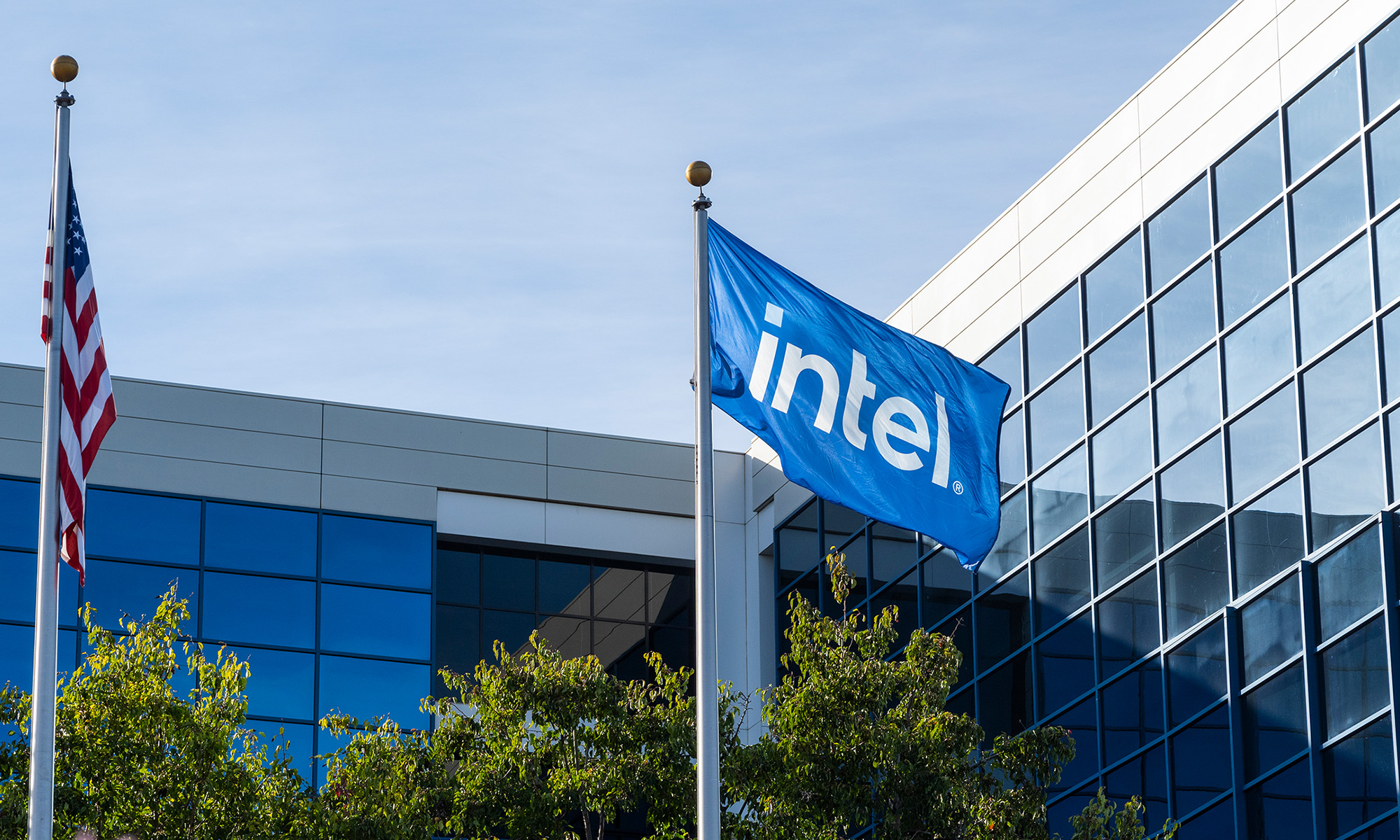There have been rumors circulating for quite some time that Intel (INTC +3.35%) would begin supplying cellular modems to Apple (AAPL 3.68%) for its iPhone product lineup, serving as a second source to longtime Apple modem supplier Qualcomm (QCOM 3.36%).
According to technology news website Fudzilla, citing unnamed sources, Intel will supply modems for Apple's upcoming 4-inch smartphone, popularly referred to as the iPhone 6c.
Although I have previously argued that Intel's modems still aren't up to snuff in terms of features and performance for flagship iPhones, the Fudzilla report actually seems quite believable. Here's why.
iPhone 6s/6s Plus class cellular speeds on the cheap?
Fudzilla claims that Intel "desperately wants this deal" and "probably made an offer to Apple that the company could not refuse." In other words, Intel could be offering Apple cellular modems at a substantial discount to what Qualcomm is.
Fudzilla speculates that Apple could be interested in either the XMM 7260 or the newer XMM 7360, with the author of the article pegging the XMM 7260 as the more likely of the two candidates. I completely agree with this.
If Apple were to adopt the XMM 7360 for the iPhone 6c, then this device would actually have more advanced cellular capabilities (at least in terms of peak upload/download speeds) than the current iPhone 6s/6s Plus phones. Intel's prior generation XMM 7260 is roughly on par feature-wise to the MDM9635 found inside of the iPhone 6s/6s Plus.
Not only would Apple need to pay more for this chip than it would for the XMM 7260, but the surrounding bill of materials would be a bit higher, as the more advanced modem would require greater radio frequency content to go along with it. Such additional costs don't make sense for what is supposed to be a (relatively) low-cost smartphone.
Qualcomm is probably still in the loop, even if Intel wins this
Even if Intel does wind up providing cellular chips into the upcoming iPhone 6c, it is almost certain that Qualcomm will still be in the loop.
Intel's 7260 and 7360 modems do not feature support for the CDMA standard, which is still utilized by a number of major North American carriers. Without CDMA support from the Intel modems, Apple will still need to utilize Qualcomm modems (which do support CDMA) for phones used on such carriers.
This means Qualcomm would still be in the iPhone 6c loop, even if Intel gets a slice of the pie.
Future Intel modems should have support for the standard, though, as the company recently acquired the CDMA modem assets of VIA Telecom. This should strengthen Intel's competitive positioning vis-a-vis Qualcomm when it comes to trying to win designs at Apple.
Apple should also benefit from a more robust competitive environment, which may allow it to get even better pricing from Qualcomm than it currently gets, particularly in more cost-sensitive devices.
What would this mean for Intel stock?
From a financial perspective, if it is revealed that Apple's upcoming iPhone uses Intel modems, I wouldn't expect any sort of impact on the company's financials; if Intel has won this contract, the win is almost certainly baked into the company's financial guidance for 2016.
What it would signal to investors, though, is that Intel's cellular modem solutions are becoming increasingly credible. At this point, investors might become more comfortable in assuming additional market segment share increases in the market for smartphone chips (both integrated applications processor and modem as well as stand-alone modems), potentially improving investor sentiment and leading to a greater share price.
It won't be too long before we know whether Intel has won this spot or not, as the device is expected to make its debut at Apple's March 2016 product launch event.








